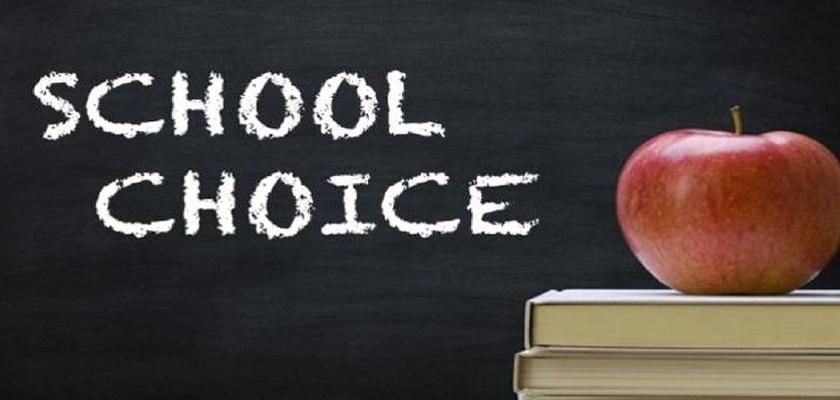The Hoover Institution at Stanford University has produced a report for the Alabama Innovation Commission, Innovative Alabama. Last time I discussed the chapters on taxes and business incentives. Today I turn to education policy.
Chapters by Eric Hanushek and Margaret Raymond (plus coauthors) address K-12 education. The former examines drivers of high-performing schools and recommends establishing an Alabama Education Laboratory. The latter considers broadband internet and student performance.
Before turning to details, let’s consider two ways education can affect economic growth. The first is developing basic skills – what economists call human capital – in the population. Businesses provide significant training on how to do their jobs. Education provides the workforce the ability to learn from on-the-job training.
Quality schools also help businesses attract workers to Alabama. Employees as parents will not want to live in communities with substandard schools.
Hanushek discusses the research linking economic growth and educational attainment. Alabama consistently scores poorly on the National Assessment of Educational Progress; in 2019, we ranked last nationally in math. The cost of poor performance is considerable: “Gross state product per capita could average 6.3 percent higher over the remainder of the century if Alabama students could improve to the level of Kentucky students” (the best performing Southeastern state).
How do we improve schools? Hanushek continues, “The key elements of strong programs are highly effective teachers and personalized learning for each student.”
One study found that the best teachers produced an extra year of learning relative to the poorest teachers over an academic year. “Direct incentives for better performance” encourage outstanding teaching.
America’s public schools fail in this. The education establishment emphasizes teacher preparation and training, while salary scales reward experience and graduate degrees. Yet these do not improve performance. Increased spending yields little because “Just paying existing teachers more has little impact on student learning.”
What about Innovative Alabama’s recommendations? First, an “education lab” does not involve experiments on students. The lab would evaluate the effectiveness of innovations. Successful programs do not always “transfer” easily. Simply copying another state’s successful program may not yield improvement without fine-tuning. The implementation of innovation can facilitate evaluation.
An education lab makes sense. Indeed, the more relevant question is why Alabama currently lacks this capacity.
Broadband internet could potentially address the “homework gap.” Schools are already wired, so the proposal involves extending broadband to households. The enormous returns promised on this investment assume that technology will improve student performance. Because the homework gap likely persists for reasons other than just technology, a purely technological fix is wishful thinking.
I find these recommendations far too incremental. Public schools’ problems are institutional, and the remedy is competition. Education policy analyst Corey DeAngelis offers the way to establish competition: fund students, not schools.
State education dollars should go to parents as grants or vouchers. Public schools would secure funding by inducing parents to enroll their children. Dollars go to the schooling option parents decide best serves their children.
The institutional dysfunction should surprise no one because government-run schools exist to control the content of education, not ensure learning of the “three R’s” or other basic skills. Government scholarships or vouchers would address concerns about parents lacking the resources to pay for schooling.
Public schools emerged in the 19th Century to control what children were taught. In the recent Virginia governor’s race, Democrat Terry McAuliffe revealed the truth with his line, “I don’t think parents should be telling schools what they should teach.” Californians and New Yorkers want Federal education funding to control Alabama’s school curriculum.
Besides students, outstanding teachers would likely be the biggest beneficiaries of funding students. Administrators who must compete for students will reward great teachers. And the bureaucratic barriers to teaching should diminish as well.
If we want to use education reform to change Alabama’s economic trajectory, we should “go big or go home.” Funding students and not schools will produce educational and economic progress.
Daniel Sutter is the Charles G. Koch Professor of Economics with the Manuel H. Johnson Center for Political Economy at Troy University and host of Econversations on TrojanVision. The views and opinions expressed here are those of the author and do not necessarily reflect the views of Troy University or of the policy and position of 1819 News. To comment, please send an email with your name and contact information to Commentary@1819News.com.










